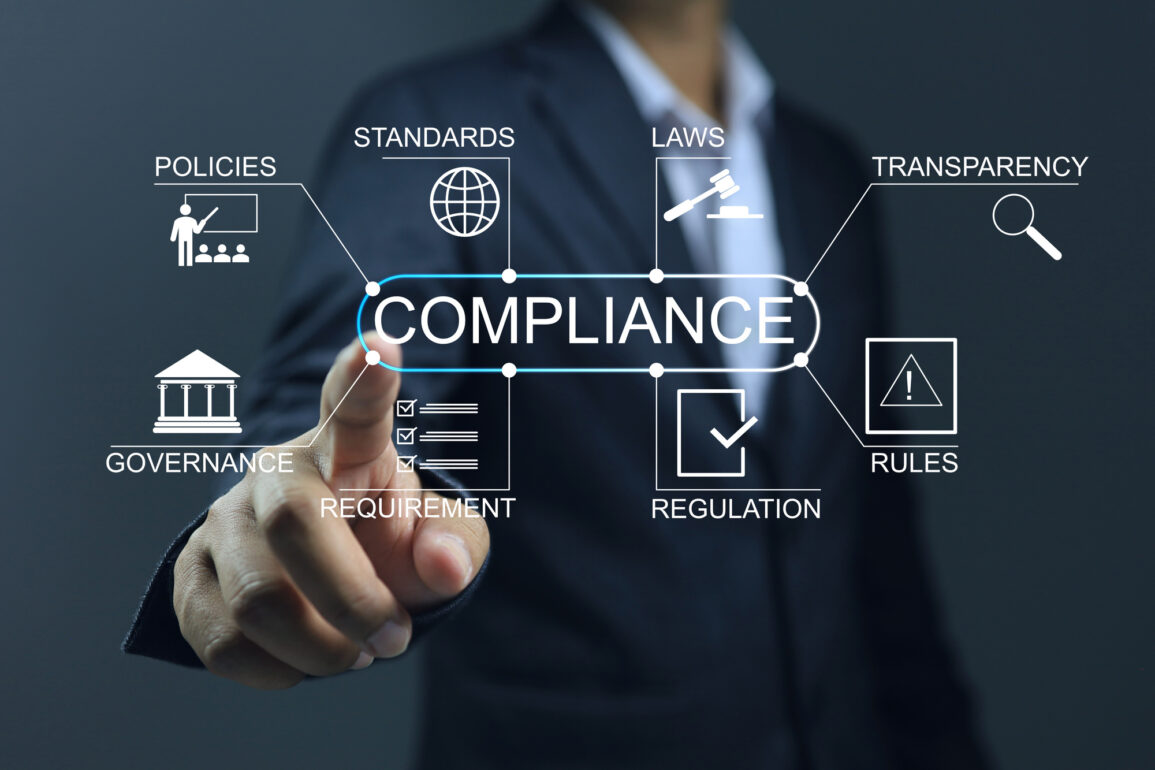In the face of an increasingly complex and interconnected world, governments worldwide constantly seek innovative solutions to enhance their systems’ sustainability and resilience. As emerging technologies evolve, they offer significant opportunities for governments to address critical challenges and create efficient, transparent, and citizen-centric governance structures.
This post explores how harnessing emerging technologies can contribute to developing sustainable and resilient public systems, leading to improved service delivery, enhanced decision-making processes, and increased public trust. Continue reading to learn more.
Automation And Data Analytics for Greener Transactions
Most advanced technologies today employ automation and data analytics. Automation and data analytics can significantly contribute to making government transactions greener and enabling data-driven decision-making.
For instance, enterprise workflow software automates repetitive and manual tasks, reducing the reliance on paper-based processes and minimizing errors. By automating workflows, government agencies can reduce the consumption of resources, such as paper and ink, leading to improved sustainability. And workflow software allows government agencies to allocate resources effectively by optimizing workflows and task assignments.
In addition, automation in smart technologies optimizes energy usage within public facilities. For example, sensors and automated systems can adjust lighting, heating, and cooling based on occupancy levels, resulting in energy savings and reduced carbon emissions that harm the planet.
Leveraging Artificial Intelligence (AI) For Smarter Governance
AI can revolutionize government operations by automating routine tasks, analyzing vast amounts of data, and enabling predictive modeling. The public sector can streamline administrative processes, optimize resource allocation, and enhance policy formulation through AI-powered systems.
For instance, AI can facilitate data-driven decision-making, identify patterns in citizen behavior, and anticipate service demands, leading to more efficient and targeted service delivery. Additionally, AI-driven chatbots and virtual assistants can improve citizen engagement and provide personalized support, reducing the burden on public support call and service centers.
To add, AI algorithms can process large volumes of public comments, social media conversations, and survey responses, providing policymakers with a deeper understanding of public sentiment. This feedback can help policymakers gauge the impact and acceptance of proposed policy amendments, ensuring that the voices of stakeholders are considered in the decision-making process.
Blockchain Technology For Transparent And Secure Governance
Blockchain technology allows the public sector to create transparent, immutable, and secure systems for various applications. By leveraging blockchain, procurement, voting systems, and financial management become more transparent.
Blockchain’s decentralized nature eliminates the risk of data tampering and ensures trust among stakeholders. Smart contracts can streamline administrative processes by automating the execution and enforcement of agreements, reducing bureaucratic entanglements, and increasing efficiency.
Every action recorded in the smart contract is traceable, providing a comprehensive audit trail for compliance and transparency purposes. Auditors can easily access and verify the contract’s execution, ensuring the procurement process adheres to regulations and policies.
In fact, blockchain-powered smart contracts can automate payment processes. Once predefined conditions, such as the completion of specific project milestones, are met, the contract can trigger automatic payments to vendors or contractors. Furthermore, smart contracts can also facilitate escrow mechanisms, holding funds until specific conditions are fulfilled and providing security for both parties involved.
Internet of Things (IoT) For Smart Infrastructure And Services
The Internet of Things (IoT) can be pivotal in building sustainable and resilient government systems. This technology enables the monitoring and optimization of public infrastructure and services.
IoT devices can gather real-time data on energy consumption, traffic patterns, waste management, and air quality, enabling authorities to make data-driven decisions for resource management, urban planning, and environmental sustainability.
Further, IoT-enabled smart devices can enhance public services, such as smart grids, intelligent transportation systems, and remote healthcare monitoring, improving quality of life and increasing citizen satisfaction.
Predictive Modeling For Effective Policymaking
Governments generate vast amounts of data daily, providing valuable insights that can inform evidence-based policymaking. By leveraging data analytics and predictive modeling techniques, authorities can extract meaningful patterns and trends from these datasets.
Analyzing socio-economic indicators, demographic data, and citizen feedback enables the authorities to identify emerging challenges, predict future needs, and design targeted policies and interventions.
Additionally, data-driven policy evaluation and impact assessment can ensure that government initiatives achieve their intended outcomes and have a positive impact in citizens’ lives.
Conclusion
Harnessing emerging technologies holds immense potential for creating sustainable and resilient public systems. They provide governments with tools to optimize service delivery, enhance decision-making, and foster citizen trust.
Nonetheless, it’s crucial to address concerns related to data privacy, cybersecurity, and ethical considerations when adopting such technologies. Governments must prioritize collaboration with technology experts, academia, and civil society to ensure responsible implementation and maximize the benefits for their citizens. By embracing emerging technologies, governments can pave the way for a more inclusive, efficient, and future-ready governance framework.

